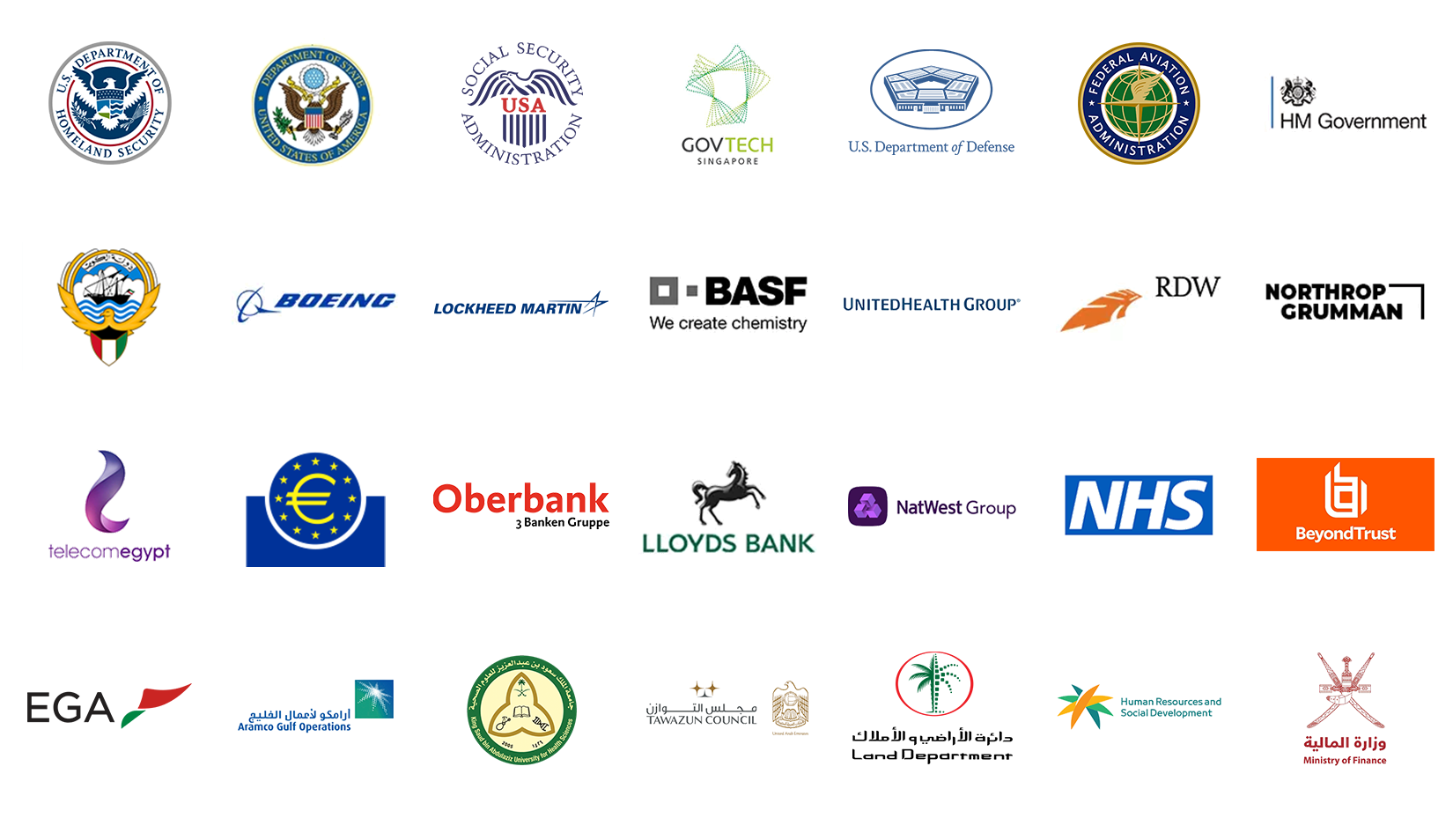MYID FOR HIPAA COMPLIANCE IN THE HEALTHCARE SECTOR
Healthcare is one of the most targeted sectors by cyber
criminals, in fact it is in the top five along with government, financial,
education, and retail
[1]
,
and the threat is as present as ever. In
2021 583 data breaches were reported in the healthcare sector, that equates to
14% of the total reported data breaches.
Concerningly, there has been an increase in the last three years in the number
of incidents which expose social security numbers or their non-US equivalent.
[1]
Data breach Quickview Report 2021
An important step to protecting healthcare data and the
institutions that use the data is to safeguard against unauthorized
access. Issuing and managing secure
digital identities helps to ensure that only those who have the required
authorization can access Private Health Information (PHI).
What is HIPAA
HIPAA is a law which was passed in the United States in 1996, to protect Private Health Information. The Health Insurance Portability and Accountability Act (HIPAA) aims to protect individuals’ medical records and other individually identifiable private health information (PHI). The act gives individuals the right to access to their health information. Health records have been paper based but are more likely to be electronically recorded nowadays. However private health information is stored, the law remains the same to protect individuals’ private health information.
Why is HIPAA important?
Since 1996 when HIPAA was made law, Healthcare providers,
healthcare plans, healthcare clearing houses and healthcare business
associations all now need to adhere to the regulations or face hefty fines.
Building of trust between patients and the organizations
that handle personal and private health information is imperative to all sides
for the healthcare system to continue to work, especially in light of research
showing the healthcare sector features in the top 5 sectors targeted by cyber
criminals.
What are the implications of not adhering to HIPAA regulations?
As with most regulations, any breaches or non-compliance has
consequences.
The Office for Civil Rights (OCR) is responsible for
enforcing the HIPAA regulations and may conduct complaint investigations and
compliance reviews.
If individually identifiable health information is wilfully
violated, that person could face as a minimum a criminal penalty of up to
$50,000, and maybe imprisoned for up to one year. Should it be deemed that the data was to be
used for commercial advantage, personal gain, or malicious harm, the penalty
increases to $250,000 and a prison sentence of up to 10 years.
Who is HIPAA For?
HIPAA has been brought into protect individuals’ private
health information from security breaches to make sure that their most private
data is kept private and secure. It also
enables individuals to transfer their health data between healthcare and
insurance providers – all with the piece of mind that their data remains safe
and secure.
All healthcare providers including most doctors, clinics,
hospitals, nursing homes, pharmacies and dentists all need to comply with HIPAA
regulations. Any contractors, or
sub-contractors who have access to your health information also need to comply,
i.e., companies who administer health plans, companies that process payments
for health care claims, lawyers, accountants and even IT specialists.
How does using MyID help you comply with HIPAA?
MyID® credential management enables
healthcare providers to issue and manage secure digital identities to protect
user access to software, data, systems, and buildings for cyber secure
operations and helps you to meet your HIPAA obligations.
KEY BENEFITS OF MyID
Trusted by Governments and Enterprises Worldwide
Where protecting systems and information really matters, you will find Intercede. Whether its citizen data, aerospace and defence systems, high-value financial transactions, intellectual property or air traffic control, we are proud that many leading organizations around the world choose Intercede solutions to protect themselves against data breach, comply with regulations and ensure business continuity.

